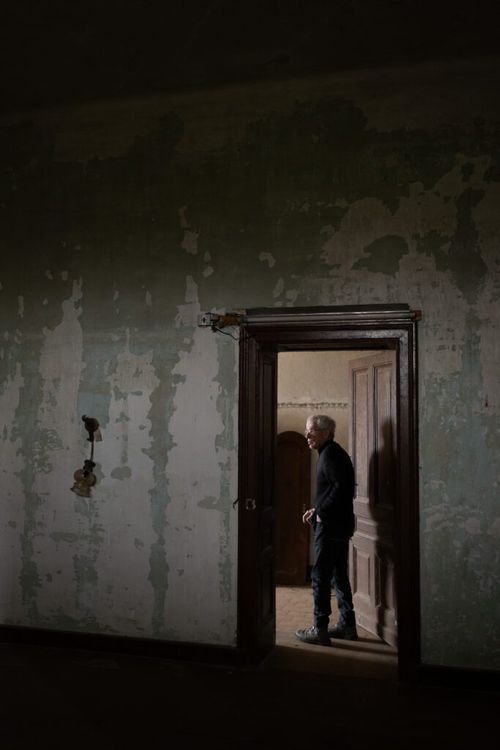Želimir Žilnik: Cinema of the Marginalized

The films of Serbian director Želimir Žilnik are as humanist as they are subversive. Stefan Malešević speaks with Želimir Žilnik about how cinema can present a form of resistance.
This program features an introduction by Bojan Fajfrić, and a special screening of Žilnik’s ground breaking short film Black Film (Crni Film, 1971, 17min).
Born in a concentration camp and raised in communist Yugoslavia, Želimir Žilnik remained dedicated to politically engaged cinema throughout his career. Žilnik was one of the pioneers of the Yugoslav Black Wave cinema; an influential underground film movement inspired by Italian neorealism and French New Wave. Žilnik’s films, characterized as ‘docu-fiction’, offer a deeply humane perspective on those at the margins of society, whether it be migrant workers in Berlin in the short film Iventur – Metzstrasse 11, (1975) or trans people in Belgrade in the taboo-breaking Yugoslav queer feature Marble Ass (1995).
Introduction to the conversation will be providedby filmmaker Bojan Fajfrić, who will reflect on how Žilnik inspired different generations of filmmakers, artists and activists on the Balkans and wider.
Film curator Stefan Malešević will engage in conversation with Žilnik about cinema as a form of resistance. How can cinema expose the mechanisms of control? What role does storytelling play in preserving historical memory and countering state propaganda? And in an era of rising authoritarianism, what can we learn from the artistic strategies of the past?
Your ticket is valid for the entire day, so you’re warmly welcome to attend other programs as well. You can check the full timetable here. Please note: visitors with a ticket for a specific program will be given priority. Once a venue reaches full capacity, we unfortunately won’t be able to admit additional visitors.
About Želimir Žilnik
Želimir Žilnik (1942) is a Serbian filmmaker and key figure of the Yugoslav Black Wave-movement. His award-winning work, including Early Works (Golden Bear Berlinale, 1969) and Kenedi Goes Back Home (2003), continues to influence new generations of filmmakers.
Bojan Fajfrić is a visual artist and filmmaker whose work investigates how personal memory intersects with collective history. Drawing from his experience growing up in Yugoslavia and living in the Netherlands, he focuses on overlooked events and marginal figures to explore how political time is embodied and remembered. His work has been exhibited and screened at Centre Pompidou and Palais de Tokyo (Paris), de Appel (Amsterdam), the Museum of Contemporary Art Belgrade, and the International Film Festival Rotterdam.
About Forum on European CultureWho’s afraid of art? Now that tyrants are on the roll and more and more people in the West seem to be falling for the autocratic alternative, Forum on European Culture 2025 (June 25 – June 29) brings together international artists, writers, and thinkers to celebrate the subversive power of art and literature.